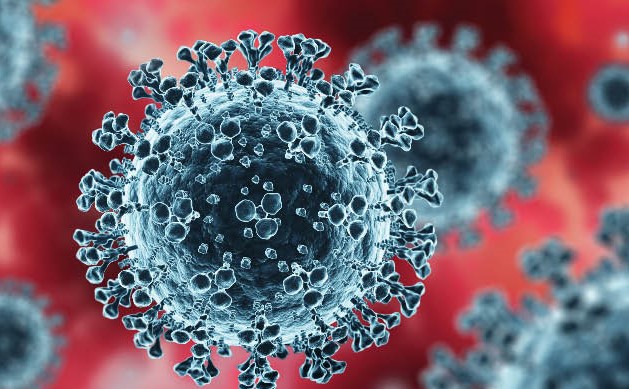In this new study, a multidisciplinary research team from the University’s Bristol Heart Institute sought to investigate how SARS-CoV-2 interacts with heart cells causing the myocardial damage seen in COVID-19 patients. Until now, it remained unclear whether heart cells are infected by the virus or damaged because of an excess cytotoxic defence response. This response, also known as ‘the cytokine storm’, comes from our immune cells, whereby cytotoxic cells attack and kill the infected cells by releasing proteins, called cytokines. The team also sought to investigate whether heart cells contribute to producing excess cytokines.
A research team led by Bristol’s Professor Paolo Madeddu exposed human heart pericytes, which are cells that wrap small blood vessels in the heart, to SARS-CoV-2 Alpha and Delta variants, along with the original Wuhan virus. Surprisingly, they found the heart pericytes were not infected.
Intrigued by this finding, in a second test-tube experiment, the researchers challenged the cardiac pericytes with the spike protein alone, without the virus. The spike protein made pericytes unable to interact with their companion endothelial cells and induced them to secrete inflammatory cytokines, suggesting the spike protein is harmful to human cardiac cells. Interestingly, the team found that antibodies blocking CD147 - a receptor for the spike protein – protected heart pericytes from damage.
Finally, the team identified the presence of the SARS-CoV-2 spike protein in blood samples obtained from COVID-19 patients, which opens the possibility that spike protein particles travelling through the circulation can reach a site distant from the respiratory system and cause systemic damage.
The research has been supported by a pump-priming grant from the Wellcome Trust, the Elizabeth Blackwell Institute (EBI) Rapid Response COVID-19 and a British Heart Foundation grant (number PG/20/10285). The authors are members of the University of Bristol COVID-19 Emergency Research Group (UNCOVER).
